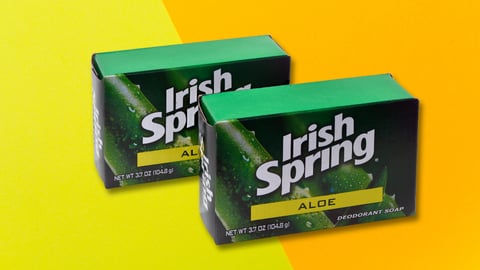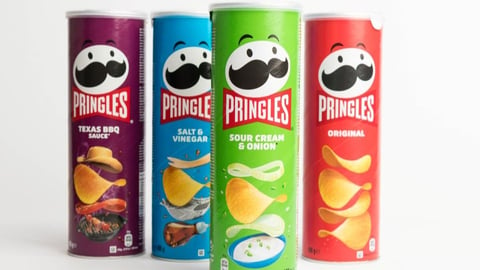3 Ways Content Service Providers Help Small Brands Thrive in Retail
Merging the physical and online customer experience is essential for a brand to resonate with today’s shoppers.
If you’re a small brand, however, omnichannel is easier said than done. Unlike big corporations that have large personnel teams at their disposal, small brands often don’t have the resources or knowledge to keep up with omnichannel commerce.
Partnering with a content service provider (CSP) — a third-party company that executes business functions on behalf of a client — can help you streamline the establishment of a strong omnichannel strategy. With the shopping cycle constantly shifting due to COVID-19, ensuring a strong presence across all relevant shopper channels is essential to your brand’s survival.
Here are three ways CSPs can help your brand achieve omnichannel success:
1. Act as a liaison
Breaking in with retailers can be difficult — there are thousands of contacts to get in touch with and booking time to discuss sales options can be a challenge. Managing these relationships can be a time-consuming process on top of your other business responsibilities.
But with a specialized focus on the retail landscape, CSPs have established relationships with retailers and distributors after years of work with them. Offloading retailer management saves you time and a CSP can be your advocate to their retailer contacts.
2. Leverage advanced retailer knowledge
The expansion of your omnichannel presence requires a deep understanding of retailer standards to sell your product both in-store and online. And with more than 1 million retail establishments in the U.S. alone, knowing which ones make sense for your business can be an overwhelming challenge.
Additionally, understanding the standards required for a brand to be sold by these retailers can be difficult. For example, each retailer typically requires certain package measurements in order for a product to be stored in their brick-and-mortar stockrooms or warehouses. Most online retailers also have quality requirements that your product images must meet to be posted on their platform.
Many small brands never reach certain retailers because they simply don’t know these various standards. As established experts with top-level industry knowledge, MSPs can remove this guesswork and help you meet retailer sales standards.
3. Supply transactional data
The lack of transactional data (i.e., demographic data on consumers that purchase your product) from retailers can be frustrating for small brands. Not knowing the endpoint of who buys products in-store and online can make sales and marketing strategy difficult and prevent your brand from growth.
CSPs give visibility to this data by connecting you with distributors that sell customer transactional data they get from retailers. Acquiring this data can help your brand devise more targeted marketing and sales strategies, and ultimately drive more revenue.
Just because your brand doesn’t have the luxuries of a big company doesn’t mean you can’t see omnichannel success. A CSP can help you stand shoulder to shoulder with bigger competitors and drive retail sales by filling the omnichannel gap in your business.
Randy Mercer is VP of global product management at 1WorldSync.





